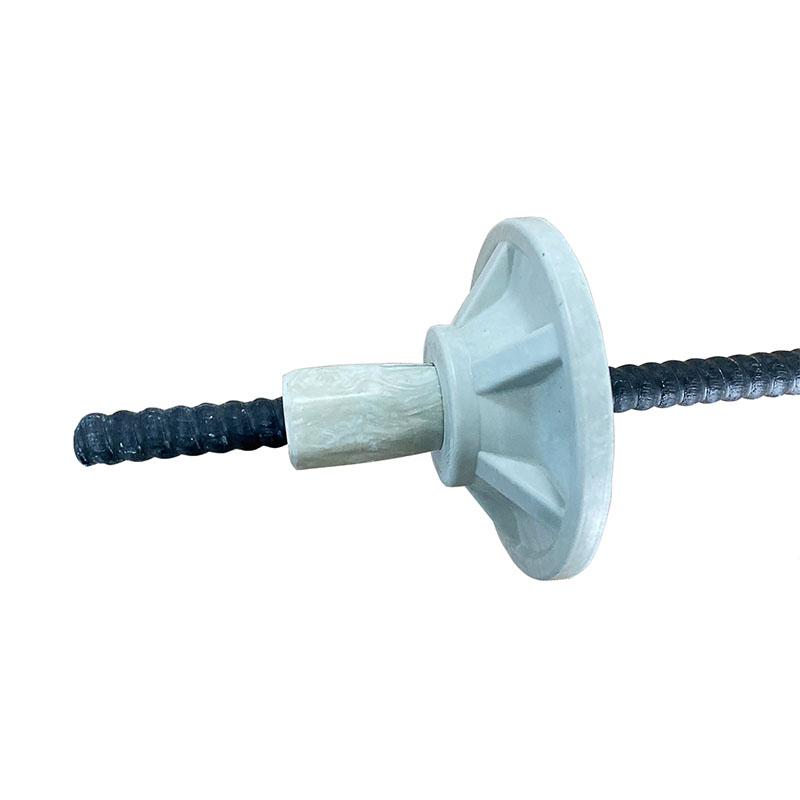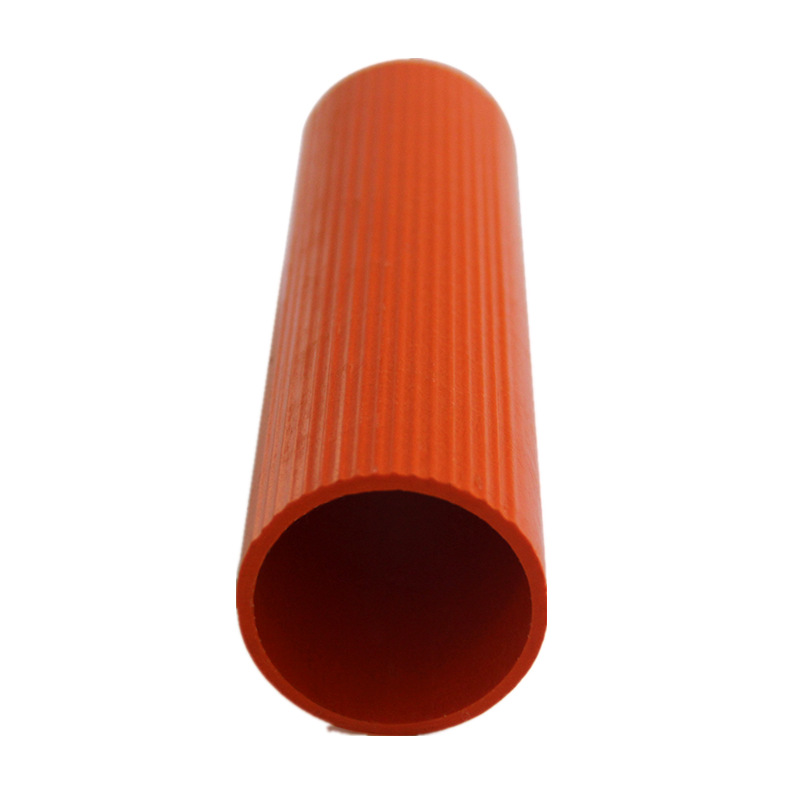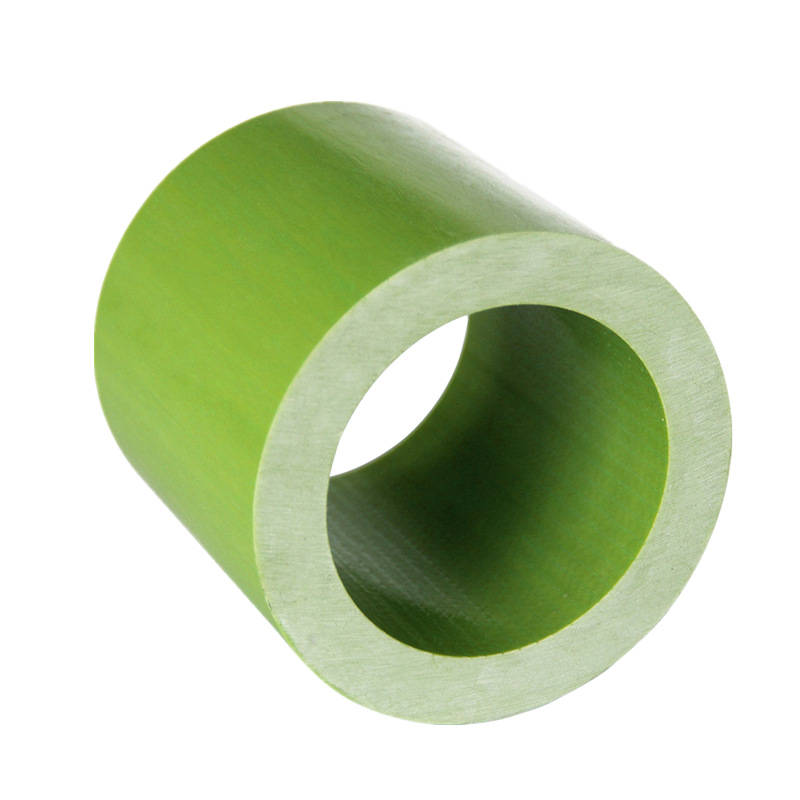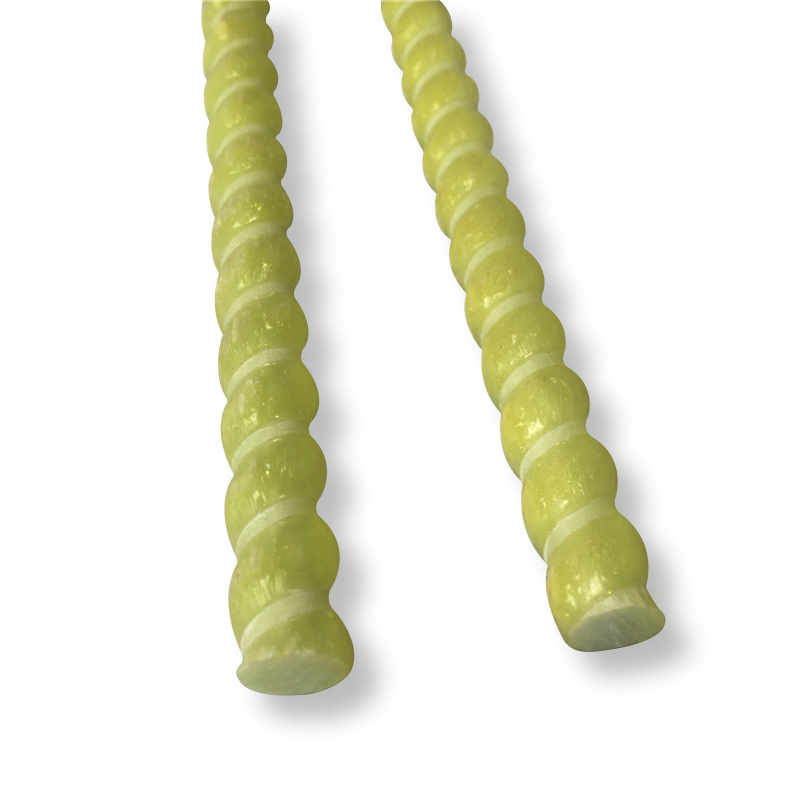In the realm of geotechnical engineering, the quest for durable and efficient support systems in rock formations is ever-evolving. Among the innovative solutions, Glass Fiber Reinforced Polymer (GFRP) rock bolts have emerged as a game-changer, offering unparalleled strength, corrosion resistance, and sustainability. These advanced anchoring systems are not just about holding rocks together; they represent a significant leap towards safer, more reliable underground infrastructure. As we delve into the intricacies of GFRP rock bolts, we uncover how they are redefining the standards of structural integrity in mining and civil engineering projects.
Understanding GFRP rock bolts
GFRP rock bolts, or Glass Fiber Reinforced Polymer rock bolts, are a modern advancement in the field of mining and civil engineering. They are designed to provide enhanced support in rock formations, ensuring stability and safety in various underground applications. These bolts are particularly known for their lightweight, high strength, and corrosion resistance, making them an ideal choice for environments where traditional steel bolts might be prone to rust and degradation.
Composition and structure
The composition of GFRP rock bolts is what sets them apart from their steel counterparts. They are made of a composite material that combines glass fibers with a polymer resin. This combination results in a bolt that is not only strong but also resistant to the corrosive effects of water and other environmental factors. The use of glass fibers in the composite gives the bolt its tensile strength, while the polymer resin binds the fibers together, providing durability and flexibility.
Benefits over traditional materials
The benefits of using GFRP rock bolts over traditional steel bolts are significant. Firstly, their lightweight nature makes them easier to handle and install, reducing labor costs and time. Secondly, their resistance to corrosion extends the lifespan of the bolts, reducing the need for frequent replacements and maintenance. This is particularly advantageous in humid or chemically aggressive environments where steel bolts would quickly deteriorate. Additionally, GFRP rock bolts offer excellent load-bearing capacity, ensuring that they can withstand the stresses of rock movement and provide reliable support.
Applications in mining and construction
GFRP rock bolts are increasingly being used in various applications within the mining and construction industries. In mining, they are used to stabilize rock walls in tunnels and shafts, ensuring the safety of miners and the integrity of the mine structure. In construction, they are employed in foundation support, slope stabilization, and as part of retaining wall systems. Their versatility and effectiveness make them a preferred choice for projects that require robust and long-lasting support solutions.
In summary, GFRP rock bolts represent a significant advancement in the materials used for underground support. Their unique composition and the benefits they offer over traditional materials make them an essential tool in the fields of mining and civil engineering. As the industry continues to evolve, the use of GFRP rock bolts is expected to grow, driven by their ability to provide safer, more efficient, and environmentally friendly support solutions.
Key features and advantages of GFRP rock bolts
GFRP rock bolts, or Glass Fiber Reinforced Polymer rock bolts, are revolutionizing the mining and construction industries with their unique properties and benefits. These advanced rock bolts are designed to provide superior support and stability in various geological conditions, making them a preferred choice for many engineering projects.
Corrosion resistance and durability
One of the most significant advantages of GFRP rock bolts is their exceptional corrosion resistance. Unlike traditional steel bolts, GFRP rock bolts do not rust or degrade when exposed to moisture or aggressive chemical environments. This property is particularly crucial in mining and construction projects where water ingress and chemical exposure are common. The durability of GFRP rock bolts ensures a longer service life, reducing the need for frequent replacements and maintenance. This longevity translates into cost savings and increased safety for workers, as the risk of bolt failure due to corrosion is significantly minimized.
Lightweight and high strength
GFRP rock bolts are remarkably lightweight compared to their steel counterparts. This reduced weight makes them easier to handle and install, which can significantly speed up the construction process and reduce labor costs. Despite their lightness, GFRP rock bolts possess high tensile strength, allowing them to withstand the stresses and strains encountered in demanding environments. This combination of lightweight and strength makes GFRP rock bolts an ideal choice for various applications, from deep underground mines to surface construction projects.
Environmental impact and sustainability
In today’s world, environmental sustainability is a critical concern in all industries, including mining and construction. GFRP rock bolts contribute to this goal in several ways. Firstly, their long service life reduces the frequency of replacements, which in turn decreases the consumption of raw materials and energy associated with manufacturing new bolts. Secondly, the use of GFRP rock bolts can help reduce the carbon footprint of a project, as their lightweight nature often leads to lower transportation costs and energy consumption during installation. Additionally, GFRP rock bolts are often made from recycled materials, further enhancing their environmental credentials.
In conclusion, GFRP rock bolts offer a range of key features and advantages that make them a superior choice for various engineering projects. Their corrosion resistance and durability ensure long-lasting performance, while their lightweight and high strength facilitate easier handling and installation. Moreover, their environmental impact and sustainability benefits align with the growing global emphasis on eco-friendly construction practices. As the industry continues to evolve, GFRP rock bolts are poised to play an increasingly important role in enhancing the safety, efficiency, and sustainability of mining and construction projects.
Applications and effectiveness of GFRP rock bolts
GFRP rock bolts, or Glass Fiber Reinforced Polymer rock bolts, have become a pivotal component in the mining and construction industries. Their unique properties make them suitable for a variety of applications, where they have proven to be highly effective in ensuring stability and safety.
Use in mining and tunneling
In the mining industry, GFRP rock bolts are extensively used for ground support and stabilization. Their high tensile strength and lightweight nature make them ideal for securing loose rock and preventing collapses in tunnels and shafts. The corrosion resistance of GFRP rock bolts is particularly beneficial in mining environments, where exposure to moisture and aggressive chemicals can be detrimental to traditional steel bolts. The use of GFRP rock bolts in mining and tunneling not only enhances safety but also reduces the need for frequent replacements, thereby lowering maintenance costs.
Role in construction projects
In construction, GFRP rock bolts are employed in various applications, including foundation support, slope stabilization, and retaining wall construction. Their ability to provide reliable support in challenging geological conditions makes them a preferred choice for civil engineering projects. The lightweight nature of GFRP rock bolts facilitates easier handling and installation, which can significantly speed up construction timelines. Moreover, their long service life and resistance to environmental factors ensure the structural integrity of construction projects over time.
Case studies and performance metrics
Numerous case studies have demonstrated the effectiveness of GFRP rock bolts in different mining and construction scenarios. For instance, in a large-scale mining operation, the implementation of GFRP rock bolts resulted in a significant reduction in maintenance costs and an increase in safety due to their superior performance in harsh conditions. Similarly, in a construction project involving deep foundation drilling, the use of GFRP rock bolts provided the necessary support and stability, ensuring the project’s success.
Performance metrics, such as load-bearing capacity, installation speed, and resistance to environmental factors, have shown that GFRP rock bolts outperform traditional materials in many aspects. Their ability to maintain structural integrity under extreme conditions makes them a reliable choice for any project requiring robust support solutions.
Conclusion
In conclusion, GFRP rock bolts represent a significant advancement in the field of mining and construction engineering. Their unique combination of lightweight, high strength, corrosion resistance, and environmental sustainability makes them a superior choice for various applications. The effectiveness of GFRP rock bolts in ensuring stability and safety in both mining and construction projects is well-documented through numerous case studies and performance metrics. As the industry continues to evolve, the role of GFRP rock bolts in enhancing the safety, efficiency, and sustainability of engineering projects is expected to grow. Their adoption not only improves the structural integrity of projects but also contributes to more environmentally friendly construction practices.



























